Dungeons & Dragons. Just those three words (well, two and an ampersand) are enough to conjure feelings of heroic adventure. Rolling dice, trying to tame a dog, realising the dog is a bulette, being eaten by the bulette—good times. If you've been in the TTRPG hobby for a while, chances are you've played D&D, and if you're a Dungeon Master yourself, it might be the only game you've run.
For some of those people, the mere suggestion of running another system is daunting to the point of frustration. PC Gamer's own Robin Valentine put together a list of alternate systems to try from his 20 years of rolling dice, and even a list of innocuous suggestions ruffled some feathers.
Truth is, I know where some of those people are coming from. Learning how to DM is exhausting. It requires hours of prep, a lot of reading, and you won't even be that good at it until you've a few dozen sessions under your belt. Climbing that mountain all over again with a new system isn't all that appealing, and convincing your players to do the same is near impossible.
So I'm going to offer you an alternative. Your mission, should you choose to accept it, isn't to quit D&D entirely. It's to go out into the world, explore everything other TTRPGs have to offer, then (unless you've found a new pen and paper squeeze) channel what you've learned into your DMing style. It'll help—and if you're not convinced, here's some examples of how it helped me.
Telling a story is really hard
While a lot of tables do run on a diet of 'go to dungeon, kill monsters' with the advent of livestream shows like Dimension 20 and Critical Role, your players might want something a little more textured. Storytelling is, at its core, actually really hard. You gotta have a good handle on your genre, avoid cliche pitfalls, nail character development and pacing—and in the case of D&D, you have to do all of that while figuring out what the rules for grappling are. Unlike other narrative systems, D&D is pulled between its design as a fighty-looty dungeon game and its playerbase's authorial streak.
I can think of literally no worse place to learn how to tell a story than your first D&D group. It's live improv with two to six of your friends, friends who are expecting you to provide three to four hours of entertainment, while also learning how to play a complex war game. It's no wonder we hear so many horror stories about DM-controlled NPCs stealing the show or cardboard-thin settings. I don't think the answer to this problem can come from D&D as a system, either.
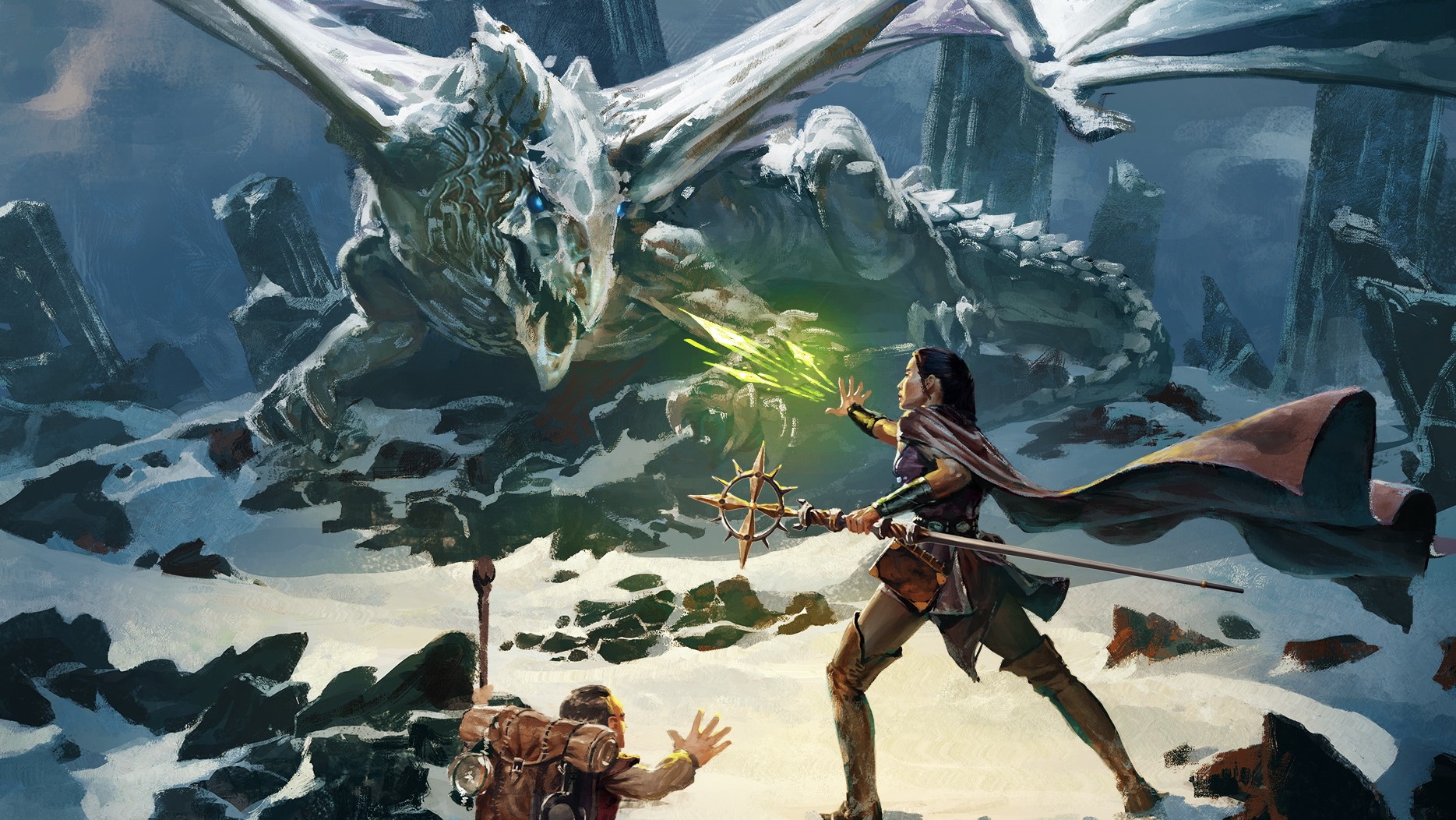
I personally think the 5th edition DMG [[link]] does a decidedly flimsy job of actually telling you how to run a story-driven game. I mean, it tries, laying out a few adventure types with some random tables for inciting incidents. But its "Involving the Characters" section is about 3 paragraphs long, and most of the book is dedicated optional planar lore, magic items, and some ghastly chase rules I've never seen work well.
There are some efforts to tell you how to run downtime, or how to build NPCs, but the book provides you with construction materials, not tools. When does the villain appear? When do you incorporate character backstory? How do you pace a plot? Tell a mystery? Do a twist reveal? How do you keep momentum up, create excitement, entertain?
Playing a narrative-focused game or two will let you answer those questions with panache. For me, these games were Masks: A New Generation by Magpie Games, and Blades in the Dark by Evil Hat Productions.
Teenage superhero problems
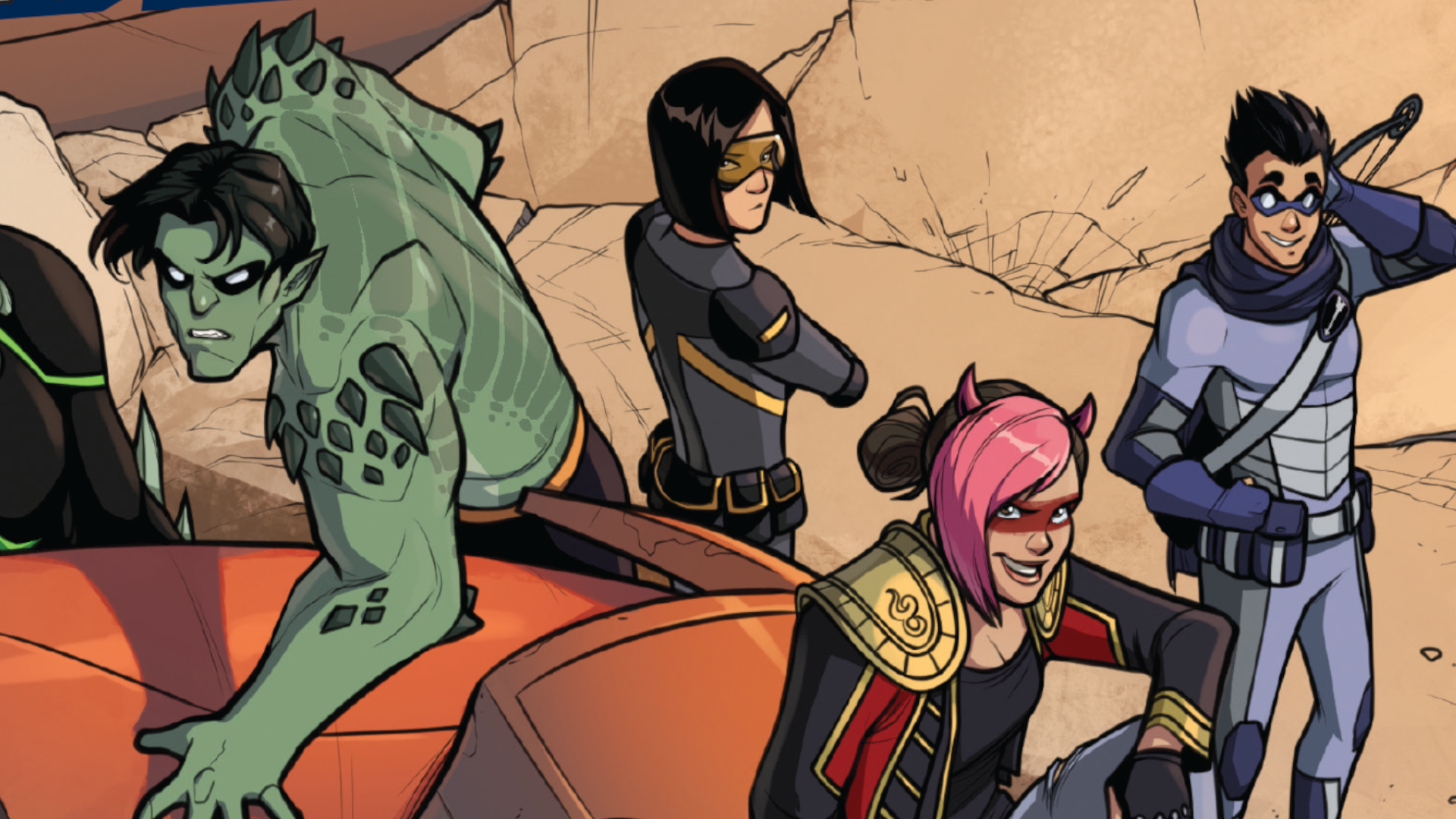
Masks is a Powered by the Apocalypse (PbtA) system-style game, which are commonly based around "moves" with self-contained rules, typically prompting the player to roll two six-sided dice. Any consequences for an action is usually contained in the move you used for it, each one sketching an outline for failure or success.
I'm not saying that Masks: A New Generation is the best PbtA system for me to make this point with. It is, however, the game that convinced me DMs don't have to fumble through twenty sessions before they learn how to spin a yarn.
Masks: A New Generation is a game about teenage superheroes and their problems—Teen Titans with dice. It's [[link]] entirely story-focused, with not a hit point or armour class in sight. Masks instead gives its game masters a ton of tools to succeed in making their own comic book with their buds, and they're tools you can use anywhere.
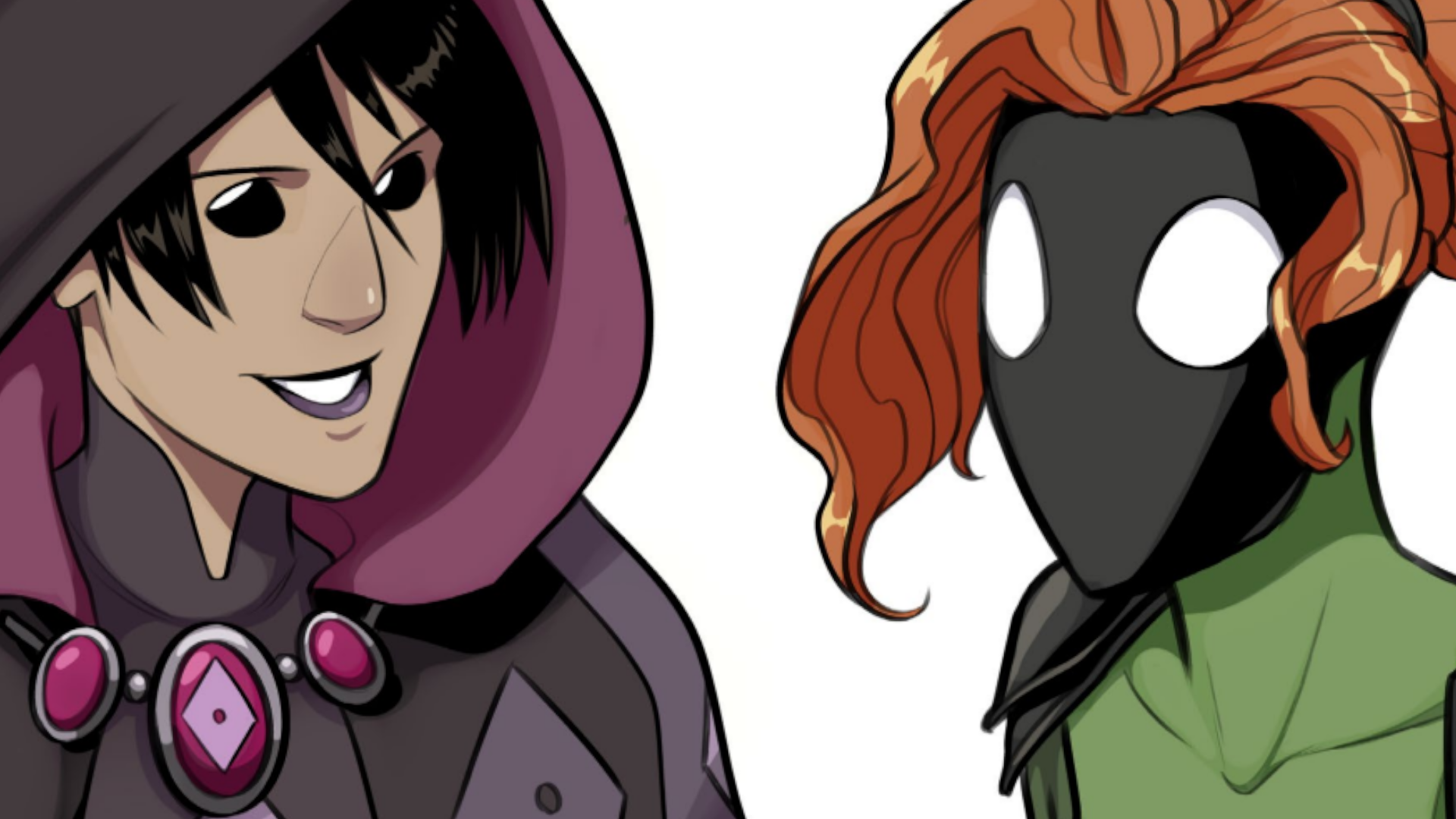
For handling players, it has two main touchstones: triangles and playbook moves.
Triangles are very basic, but super powerful. For this recipe, you'll need two player characters and one NPC. Stick the NPC in the middle, then decide on how they're linked—for example, Gardath the Warlock is the brother of Ignar, who is the rival of Meridas. Right away, you've dodged the 'this DM just wants to make his self-insert look good' trap by thinking in terms of what's interesting for your players.
Playbook moves require a little more elbow grease to nick for your home table, since Masks' classes—called Playbooks—are about stories rather than stats. For example, the "Janus" playbook focuses around a Spider-Man style struggle between a superhero life and the obligations of a secret identity. Each of these playbooks comes with its own set of "playbook moves", which act like trap cards you can flip anytime you need to up the ante.
Let's look at some of the Janus' playbook moves—"Bring their obligations to bear", "Make their lives cross over", "Take away their mask", "Put more obligations on them". These are all great, but also really simple. There's no random tables at work here, the book just gives you a set of story beats that jive well with what a Janus player wants.
This gets you, as a game master, thinking about what events matter to your players. Yes, D&D doesn't have story-based classes—but if you've been running a game for a while, how hard would it be to jot down a handful of "character moves" for each player? Give it a try.
Tick tock goes the clock
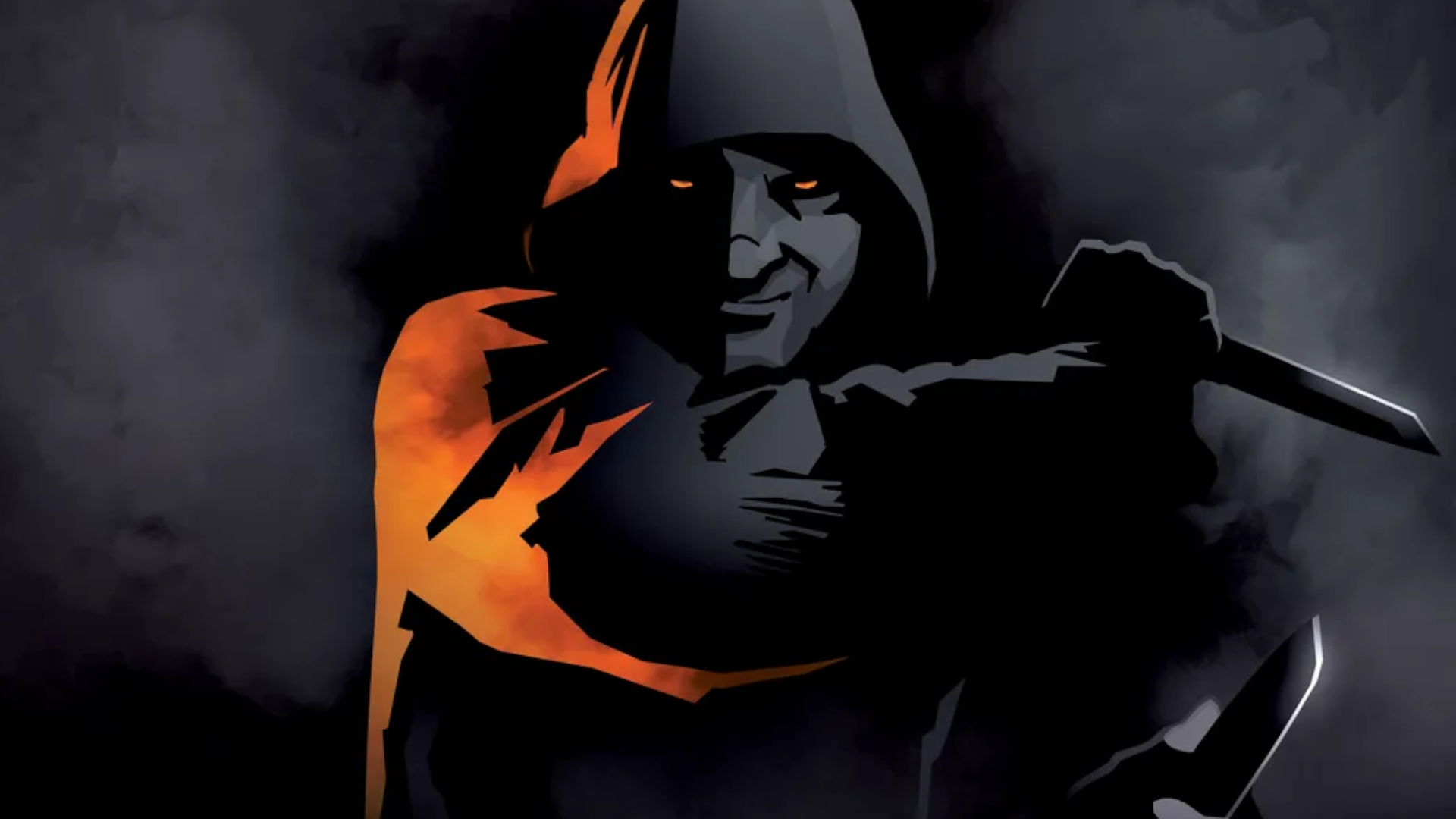
D&D doesn't handle non-combat scenarios well. This isn't to knock it too harshly—it's a game about fighting monsters and using cool spells—but when it comes to anything that's not a brawl to the death, its go-to is to shrug and let you figure it out.
Even when it does try to offer something else, it tends to crumble apart. Those chase rules from the DMG are a good example. First you have to roll initiative for everybody, and then you have to explain its unique exhaustion rules, figure out how many times everyone can dash, and then at the end of every turn players have to roll a d20, then the DM has to roll on a table, then—
It's a complete urgency killer. Chases, escaping a crumbling temple, fleeing from the guards, a low-stakes bar brawl—making bespoke rulesets for each of these scenarios just butchers excitement. Blades in the Dark, another system I've taken a lot of inspiration from, is entirely built upon snuffing out this kind of umming and ahhing. Similar to Masks, it has a key system you can easily use elsewhere—Clocks.
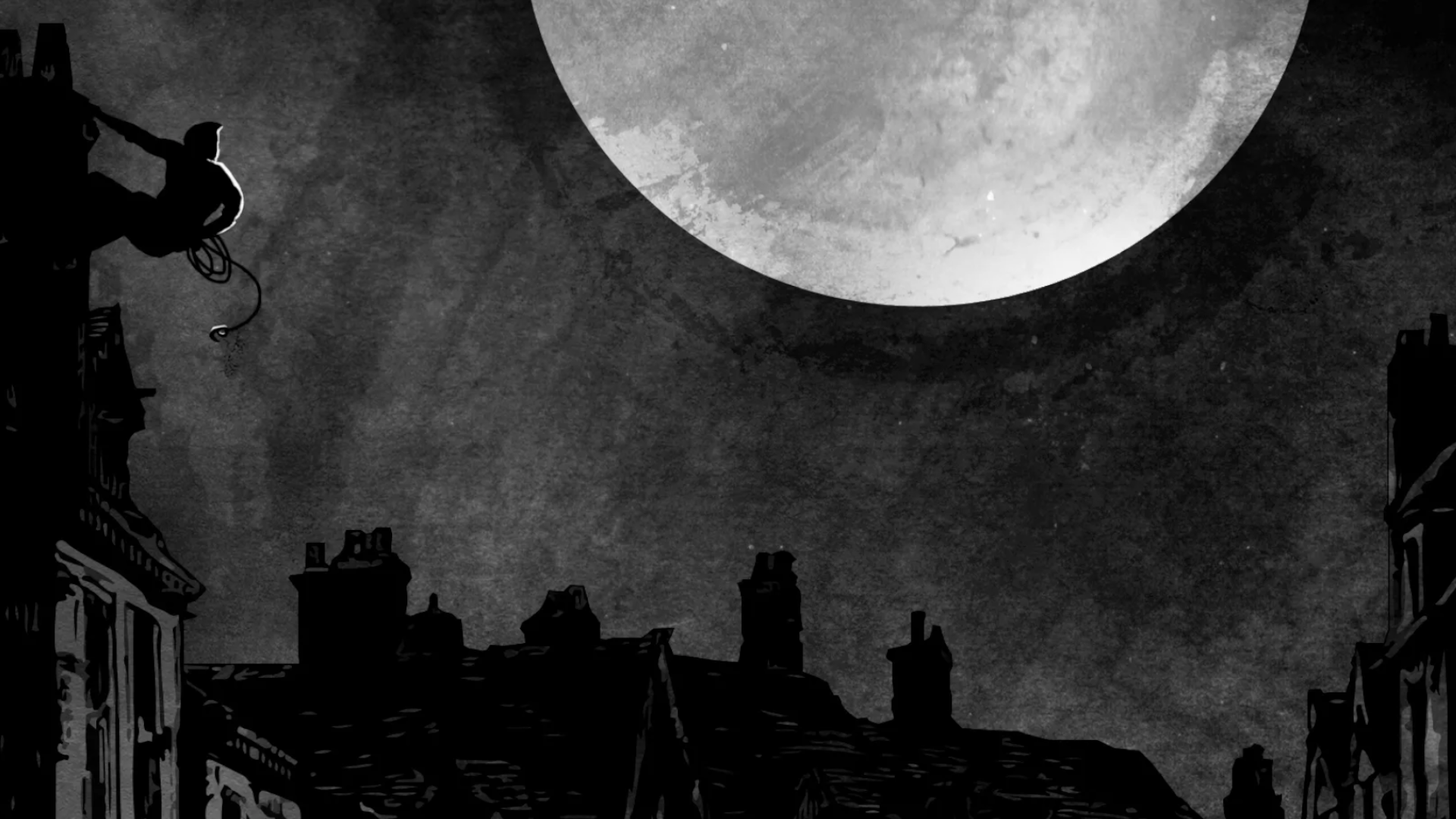
Clocks—first used in Lumpley Games' Apocalypse World—are very similar to D&D 4th edition's skill challenges. Essentially, your players need to succeed a number of times before they mess up a number of times, and their progress is monitored by the visual of two racing clocks. If they succeed, they fill a segment of the success clock, if they fail, they fill a segment of the failure clock.
Clocks get the player invested straight away. Say your group's trying to sneak around a manor for some blackmail on a local lord. You can place one clock down that says "Find Information", and another that says "Guards Alerted", then put them somewhere your players can see them. Now they know exactly what the stakes are, and they get to wring their hands as a literal race against time happens before their very eyes. Plus they work anywhere—running from a crumbling temple? Scouting for information in a busy casino? Trying a magical ship before it crashes? Clocks got your back.
Clocks are amazing for creating urgency. Blades in the Dark wants you to feel the pressure, but it also wants to get you stuck into the action as soon as it can. And, similar to Masks, it actually provides tools to help you do, this instead of burdening you with extra work.
Blades in the Dark gets you thinking about pacing in a way D&D's systems don't, and it equips you with everything you need to pull it off. It made me a better DM by teaching me that over-engineered rules, especially when introduced to your players in the moment, are generally going to suck. If it's not something your players are familiar with, then keep it simple.
Do as I say, not as I do
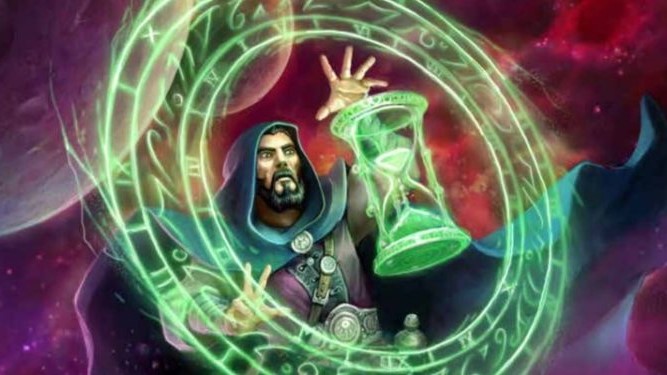
These are just some examples from systems that have helped me up my game, but for your table, these inspirations could be different. Run something combat-focused? Make some awesome magic items by studying how Massif Press's mecha RPG Lancer handles character customisation and build variety. Look at R. Talsorian Games' The Witcher TTRPG and its social combat system, and throw a little mechanical spice on character conversations. The sky's really the limit.
There are so many good systems out there, and if you're [[link]] refusing to play them out of stubbornness (rather than, say, scheduling difficulties—which is fair) then you're just stunting your own personal growth. Go explore, there's a whole world of dice rolling goodness out there.